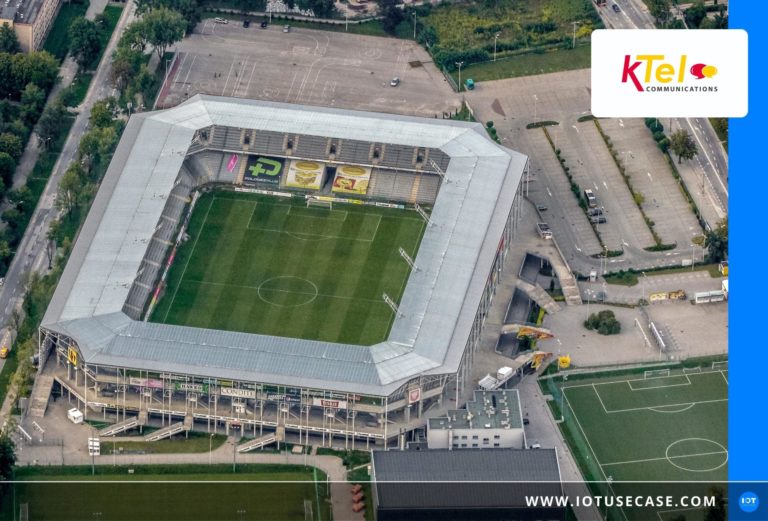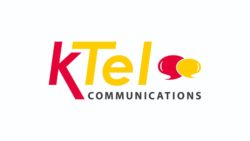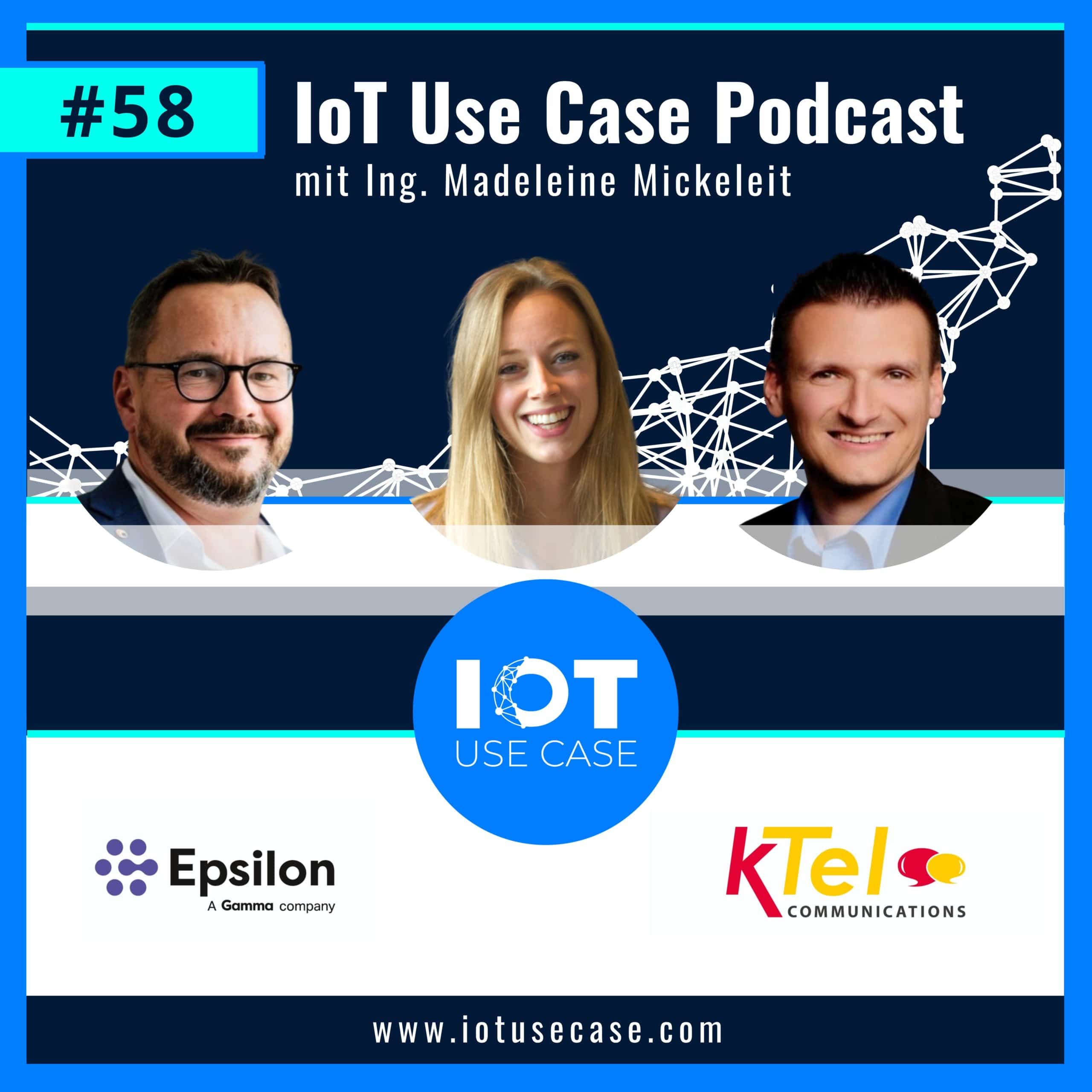Gelsenkirchen is actively driving its development into a smart city. For this purpose, the city has provided a self-contained test area on an area of 140 hectares in the Arena Park neighborhood, where a wide variety of smart city solutions and new technologies are being tested and brought to life. In this Open Innovation Lab, or OIL for short, all the functions of a city are mapped onto a small area. Around the stadium, video surveillance in public areas is to provide security, for example to control crowds at events.
The challenge: Large amounts of data have to be collected over a wide area and processed in real time
The goal is to ensure that safety-related data is collected and made available throughout the site without the need for special personnel.
This primarily involves so-called movement profiles: How did visitors move? Which parking lot was heavily used? And which one was not used at all? And why is this particular parking lot not being used?
This information can be used, for example, to locate missing persons or defuse acutely dangerous situations. Likewise, visitor behavior can be recorded and analyzed for logistical optimization of event planning. Be it the currywurst cart that has to be moved ten meters because it is blocking the flow of visitors, or the traffic that has to be diverted to another parking lot.
A WiFi solution is out of the question for this task. The transmission rate is simply not sufficient for such data volumes, and the hardware costs for illuminating a 142-acre site are disproportionately high.
What is required is a real-time application with a lot of data volume and data sovereignty that ensures that no third party can access this data and is absolutely GDPR-compliant. As a result, data is also collected that is made available to the authorities in the event that sovereign action becomes necessary. For example, when it is detected that a car without an E-plate is parked in an electric charging parking space and must be asked to move.
The solution: Private 5G network combined with data storage and visualization
The project has been taken over by K-Tel Communications, as an expert in the solutions business in the field of private 5G networks.
The cameras for video surveillance are already in use. These can be integrated without any problems, because as long as they have the appropriate interface, an inexpensive device can also be used for pure video recording. In this case, the intelligence is not in the device itself, but in the on-premise solution on site in the form of a high-performance server that is operated locally.
These requirements cannot currently be mapped in public networks. That is why K-Tel is setting up a private 5G network.
The result: Video surveillance in real time
The cameras record image data across the entire site. These are then preprocessed and sent not over Wi-Fi, but over the private 5G network to the exclusion of public networks. This ensures data sovereignty. Everything remains local with the operator.
The processed data is thus available at the required speed and quality and can be evaluated centrally via monitor. This enables the targeted deployment of security guards: employees do not have to patrol routinely, but can be dispatched exactly where needed. This saves human resources, time and money. By evaluating the video data, optimizations in event management can be derived afterwards. These are tangible added values that can be generated by the right connectivity.







